Team by team: The best and worst AL free-agent signings since 2012
Free agency is always a roll of the dice.
Oftentimes, teams are forced to overpay players for past accomplishments, well after they've already experienced their prime years. That isn't always the case, however, as there has been plenty of good to come from the market, including some franchise-altering deals.
Here are the best and worst free-agent signings from each American League team since 2012.
Baltimore Orioles
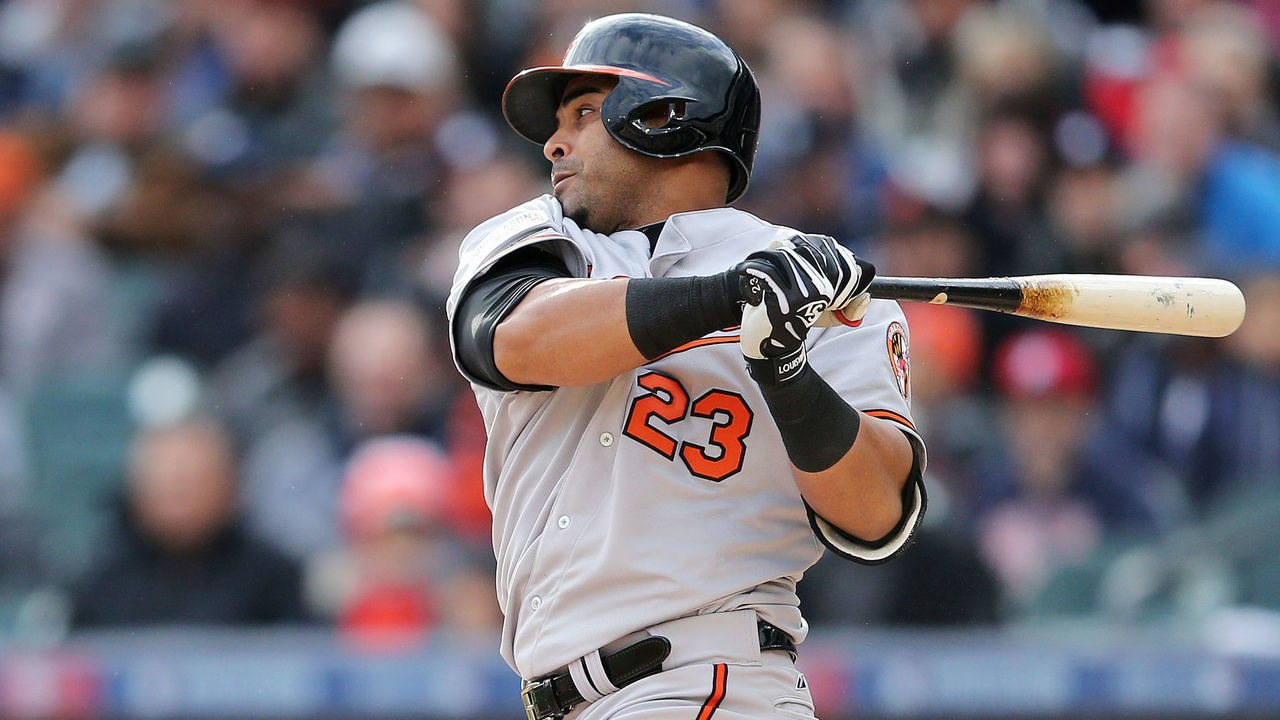
Best: Nelson Cruz (1-year, $8M)
Following a season in which he served a 50-game suspension due to the Biogenesis scandal, Cruz accepted a one-year deal from the Orioles in late February in hopes of rebuilding his value. Cruz certainly did that, as he slashed .271/.333/.525 with an MLB-leading 40 homers, and helped steer Baltimore to its first division title since 1997.
Worst: Ubaldo Jimenez (4-year, $50M)
Days before the Orioles signed Cruz, they inked Jimenez to a $50-million deal. The right-hander was coming off a strong season with the Indians and was expected to sit at the top of Baltimore's rotation. The plan didn't work out, as Jimenez's time with the Orioles was wildly inconsistent. He posted a 5.22 ERA and 1.50 WHIP across four seasons, while only throwing more than 150 innings once.
Boston Red Sox
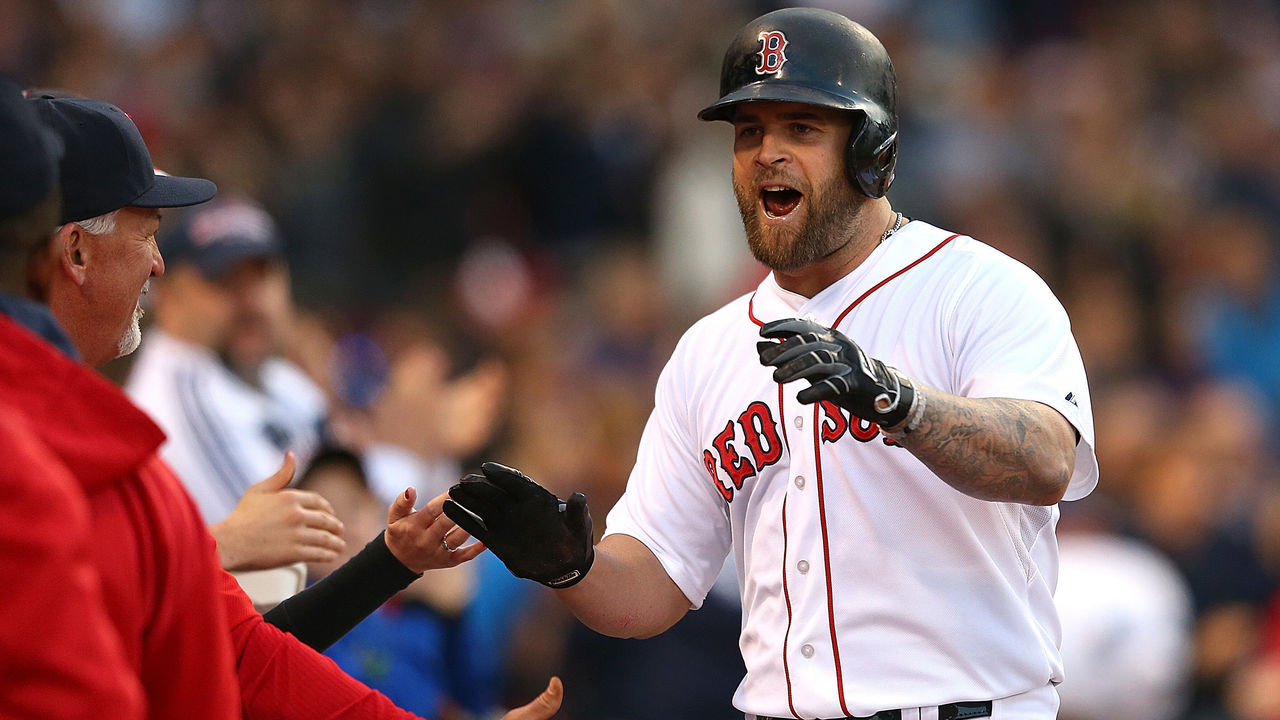
Best: Mike Napoli (1-year, $5M)
The two sides originally agreed to a three-year, $39-million deal before Napoli's chronic hip issues resulted in the two sides reworking the deal. A month later, Napoli was awarded a one-year deal with high incentives. The first baseman would hit .259/.360/.482 with 23 homers, 92 RBIs, and 38 doubles, while playing a key role in helping win the 2013 World Series.
Worst: Pablo Sandoval (5-year, $90M)
The Red Sox lured Sandoval away from San Francisco on the heels of winning his third World Series. The Panda was supposed to finally take care of the club's issues at the hot corner, but instead created much more of a headache than they could have imagined. In parts of three seasons, Sandoval appeared in just 161 games, hitting .237/.286/.360 with 14 home runs, 101 strikeouts, and 24 errors. They released him in July 2017.
Chicago White Sox
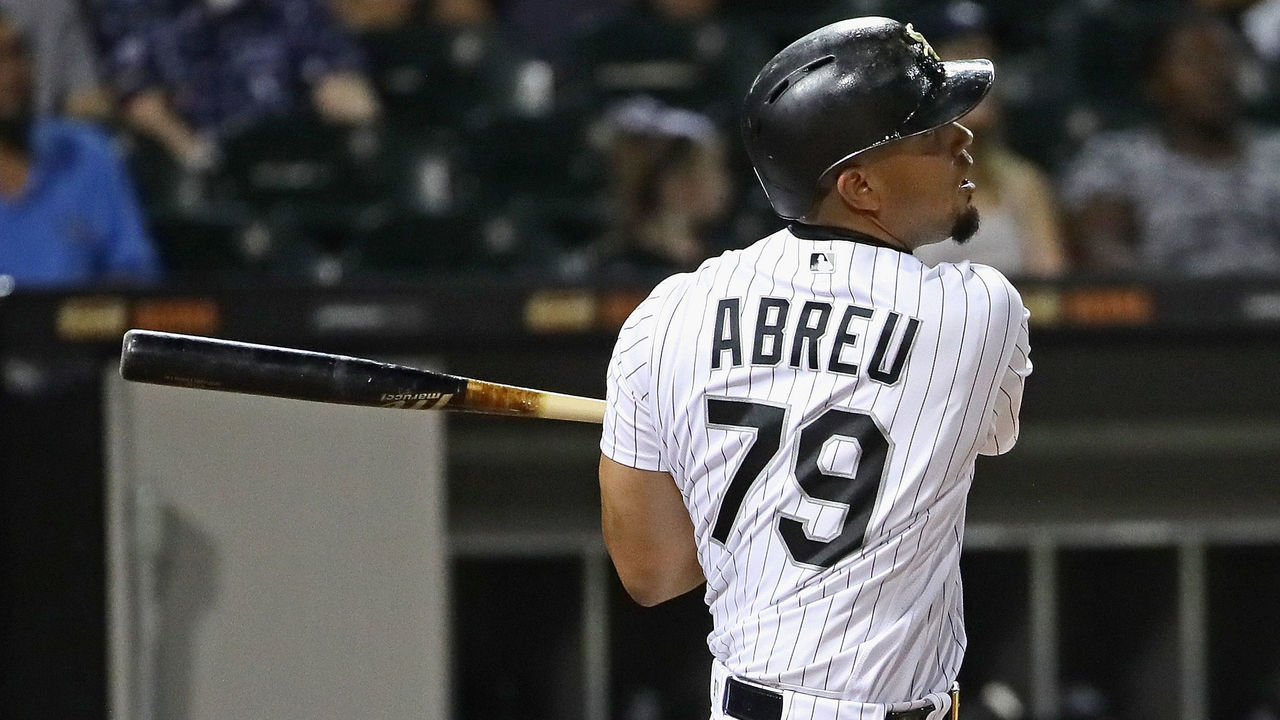
Best: Jose Abreu (6-year, $68M)
The White Sox beat out the Red Sox in their pursuit for Abreu, inking the Cuban first baseman to the largest deal in franchise history. Abreu has already exceeded his contract four years into the deal, becoming one of the most reliable hitters in the majors. Since joining Chicago, he owns a .301/.354/.552 slash line, while averaging 33 homers and 38 doubles a season.
Worst: Adam LaRoche (2-year, $25M)
LaRoche's tenure with the White Sox will be best remembered by his most unusual exit. After struggling through his first season, hitting .207/.293/.340 with 12 home runs and 133 strikeouts, LaRoche forfeited the remaining $13 million left on his deal after the White Sox told him his 14-year-old son Drake was no longer permitted in the clubhouse every day. A number of teammates took serious issue with the front office, with Chris Sale claiming the franchise lied to the players.
Cleveland Indians
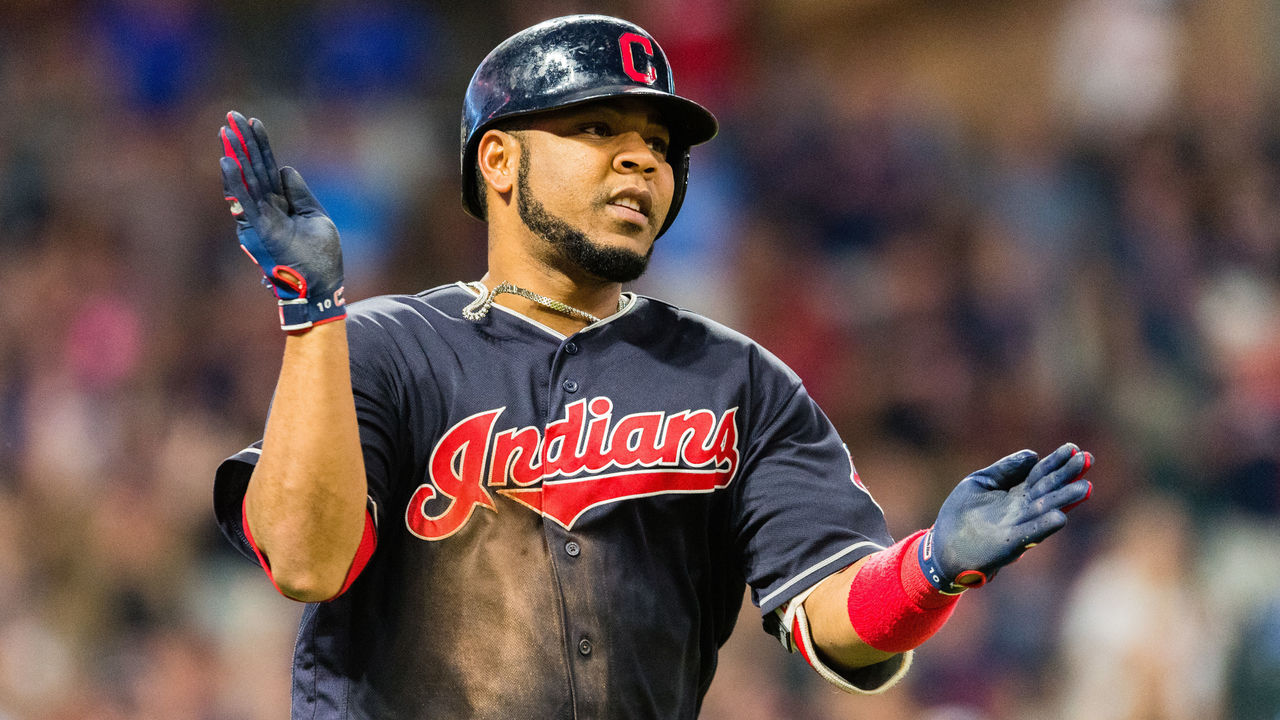
Best: Edwin Encarnacion (3-year, $60M)
After falling in the World Series, the reigning AL champs loaded up with the surprise signing of Encarnacion at a major discount. Encarnacion remained one of the league's best power bats in his first year in Cleveland, hitting .258/.377/.504 with a team-leading 38 homers and 107 RBIs, while helping the Indians repeat as division winners.
Worst: Nick Swisher (4-year, $56M)
After four seasons with the Yankees, Swisher returned to his home state of Ohio in what was the biggest free-agent signing in franchise history at the time. The Indians were coming off four straight losing seasons, and Swisher was thought to be a core piece that could turn things around. While he did hit 22 homers and post a .341 OBP in year one, Swisher's time with the Indians won't be remembered fondly. He hit .228/.311/.377 with 32 homers in 272 games across three seasons before he was traded to Atlanta.
Detroit Tigers
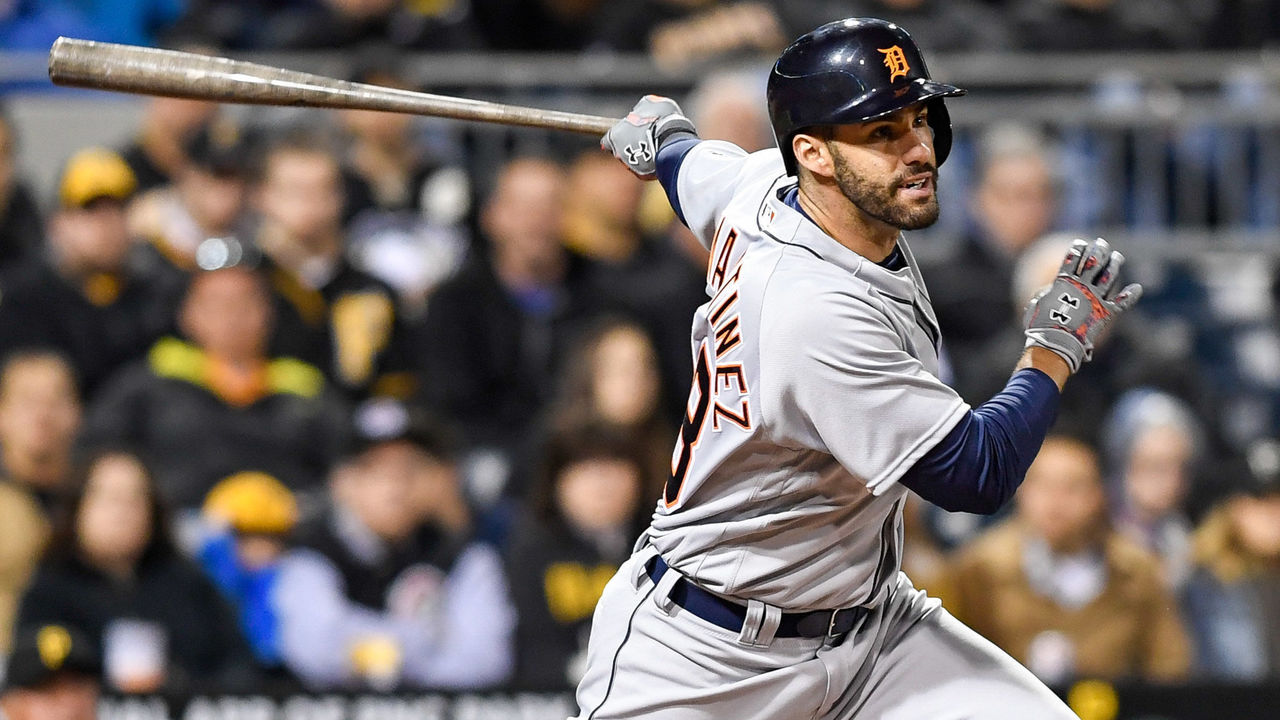
Best: J.D. Martinez (Minor-league contract)
In a move that barely registered on anyone's radar when it happened prior to the 2014 season, Martinez agreeing to a minor-league deal with the Tigers turned out to be one of the biggest steals in MLB history. After the Astros ran out of patience with the former top prospect, Martinez went to Detroit and turned into a star. In parts of four seasons, he'd hit .300/.361/.551 with 99 homers in 458 games, earning roughly $20 million.
Worst: Jordan Zimmermann (5-year, $110M)
Al Avila swung for the fences with his first signing as the Tigers GM, inking Zimmermann to a $110-million deal. The right-hander was a two-time All-Star in Washington, but has completely fallen apart in two years in Detroit. Zimmermann, who owns a 5.60 ERA and 1.47 WHIP in 48 appearances, has $74 million remaining on his deal.
Houston Astros
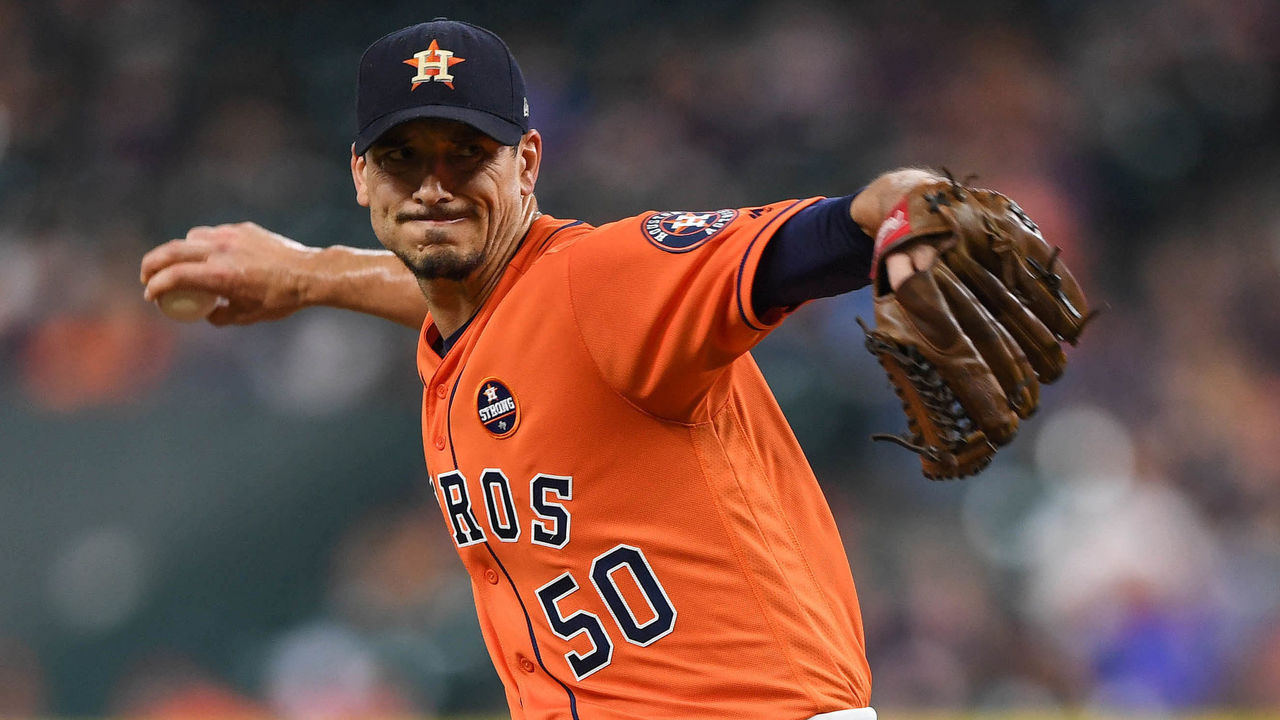
Best: Charlie Morton (2-year, $14M)
Considered a depth piece at the back of the rotation when he signed, Morton proved to be much more than that for an Astros team that ran away with the division and won the World Series. The veteran right-hander, limited to just 17 1/3 innings the year prior, posted a 3.62 ERA and 163 strikeouts over 25 starts during the regular season, and allowed just two runs in 10 1/3 innings in the World Series.
Worst: Jed Lowrie (3-year, $23M)
Lowrie's second stint in Houston wasn't as successful as his first. Brought in to keep the shortstop position warm for top prospect Carlos Correa, Lowrie appeared in just 69 games due to injury before he was traded to back to Oakland after hitting .222/.312/.400 with nine homers. There was a silver lining, however, as Correa would debut that season and win the AL Rookie of the Year.
Kansas City Royals
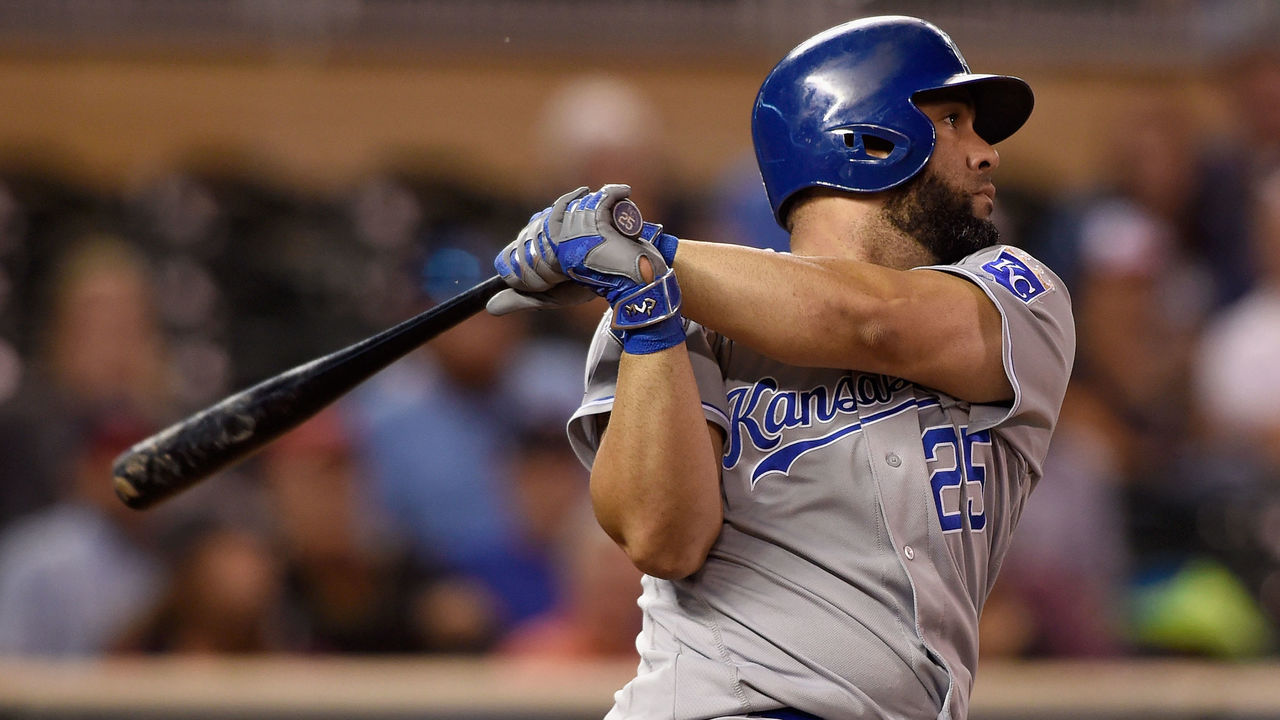
Best: Kendrys Morales (2-year, $17M)
After Billy Butler bolted for Oakland, the Royals signed Morales to a two-year deal to serve as the club's designated hitter. Morales was coming off a down season split between the Twins and Mariners, but was great in Kansas City. He appeared in all but 12 games, hitting .277/.344/.476 with 52 home runs, 65 doubles, and 199 RBIs while winning the Silver Slugger and World Series in 2015.
Worst: Omar Infante (4-year, $30.25M)
The Royals outbid the Yankees for Infante as the move was designed to help solidify the second base position. Instead, he was a major disappointment. In addition to missing significant time due to injury, he hit just .238/.269/.328 with eight home runs in 298 games, and was released in the third year of his deal.
Los Angeles Angels
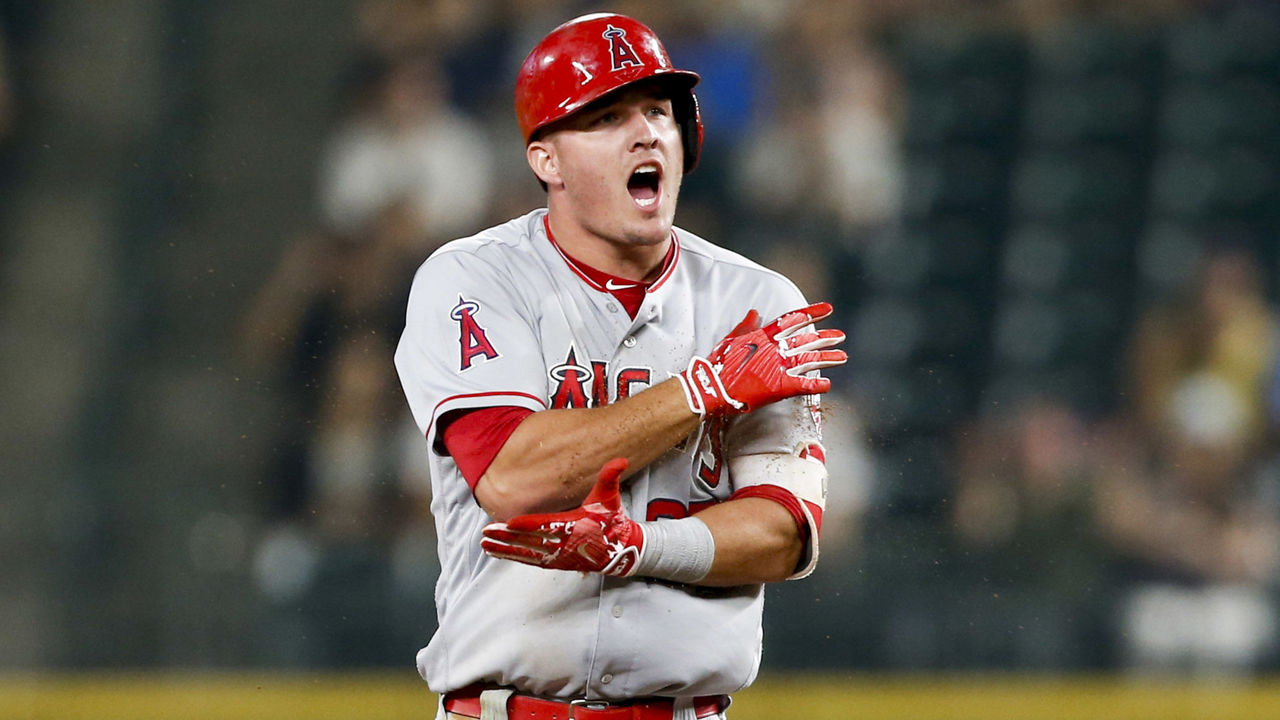
Best: Mike Trout (6-year, $144.5M extension)
This one is kind of cheating, but anytime you can lock up one of the greatest to ever play the game, you get credit. After just two years in the majors, the Angels awarded Trout a $144.5-million extension, buying out three years of arbitration and three years of free agency. Trout has been an All-Star in each of the four years since inking the deal, winning AL MVP twice, while finishing second and fourth in voting the other two years.
Worst: Josh Hamilton (5-year, $125M)
Hamilton hit free agency following five consecutive All-Star seasons in Texas and inked a $125-million deal with the division-rival Angels. With Hamilton, Albert Pujols, and Trout in the middle of the lineup, Los Angeles boasted one of the most intimidating trios. However, Hamilton would struggle in his first season, hitting just 21 home runs, and things would only get worse from there. Over the next two campaigns, injuries limited him to just 139 games. Less than halfway through his deal, the Angels traded him back to the Rangers, agreeing to pay most of the remaining $80 million owed.
Minnesota Twins
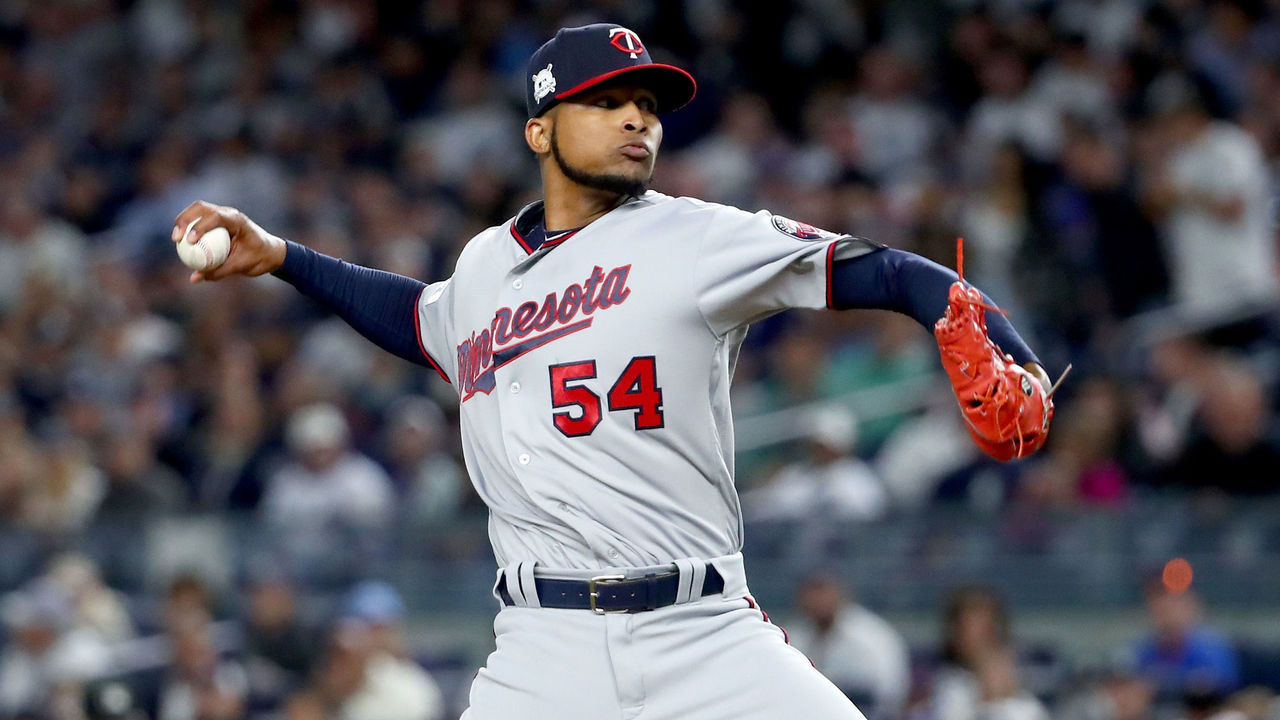
Best: Ervin Santana (4-year, $54M)
The Twins spent significant money on free agency over a two-year span, capping it off with their best purchase in Santana. The right-hander has posted a 3.47 ERA and 1.19 WHIP across 80 starts in three seasons, cementing himself as the ace of the staff and giving Minnesota the reliable starter they hoped they were getting.
Worst: Ricky Nolasco (4-year, $49M)
Nolasco, however, represents the other side of the spectrum. The Twins were coming off a year in which they had the worst rotation in the majors and added Nolasco on somewhat significant money for a team not known for big spending. The right-hander was a major bust in Minnesota, posting a 5.44 ERA and 1.47 WHIP in three seasons before the club traded him to the Angels.
New York Yankees
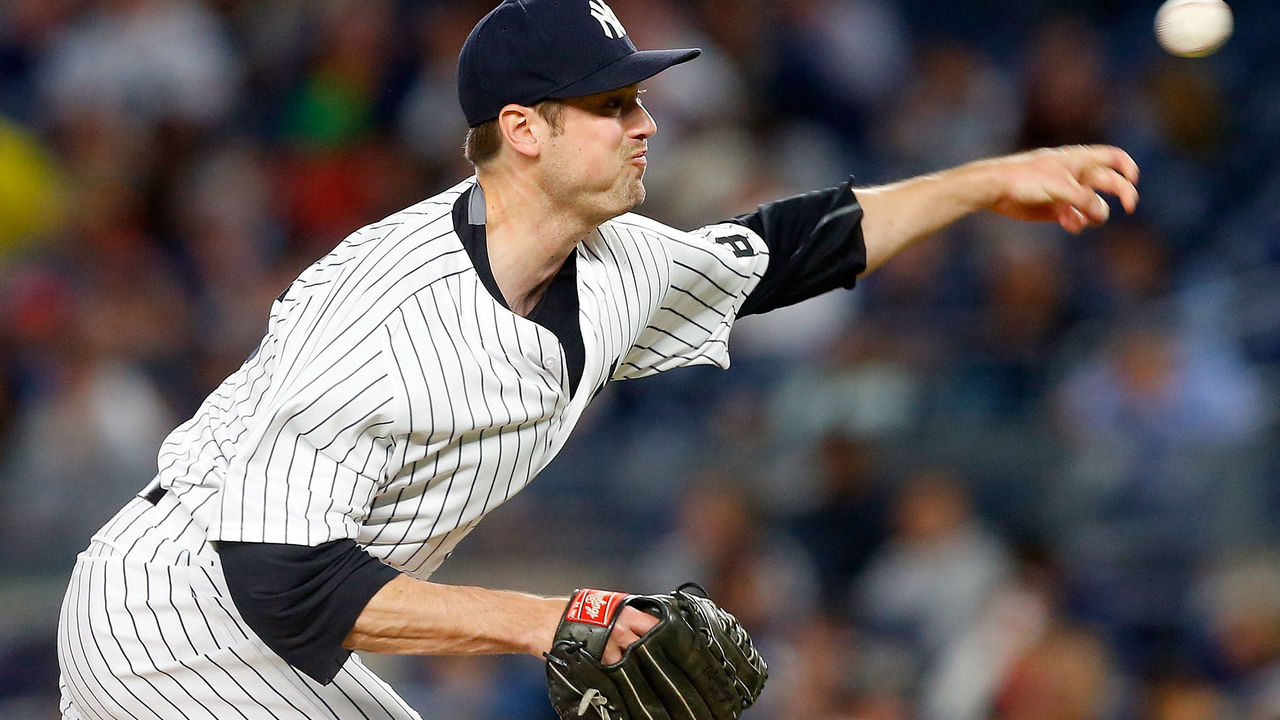
Best: Andrew Miller (4-year, $36M)
Considering how much relievers have made in free agency over the past two winters, it's crazy to look back now and see what a bargain Miller was for the Yankees. The left-hander's $36-million deal was the largest-ever contract for a non-closing reliever. Since then, Miller has been one of the most valuable relievers in the majors, earning two All-Star appearances and two top-10 Cy Young finishes in three seasons. Though the Yankees ended up trading him, they were able to land top prospects Justus Sheffield and Clint Frazier in return.
Worst: Jacoby Ellsbury (7-year, $153M)
Ellsbury established himself as one of the best center fielders in baseball with the Red Sox when he was healthy. Then he signed in New York. While his first season in Bronx was fine, Ellsbury has since battled injuries and inconsistency over the last three seasons, and heads into 2018 as a $21-million fourth outfielder. The 34-year-old has hit .264/.330/.386 with just 39 homers and 102 stolen bases in four seasons with New York, and has close to $70 million left on his deal.
Oakland Athletics
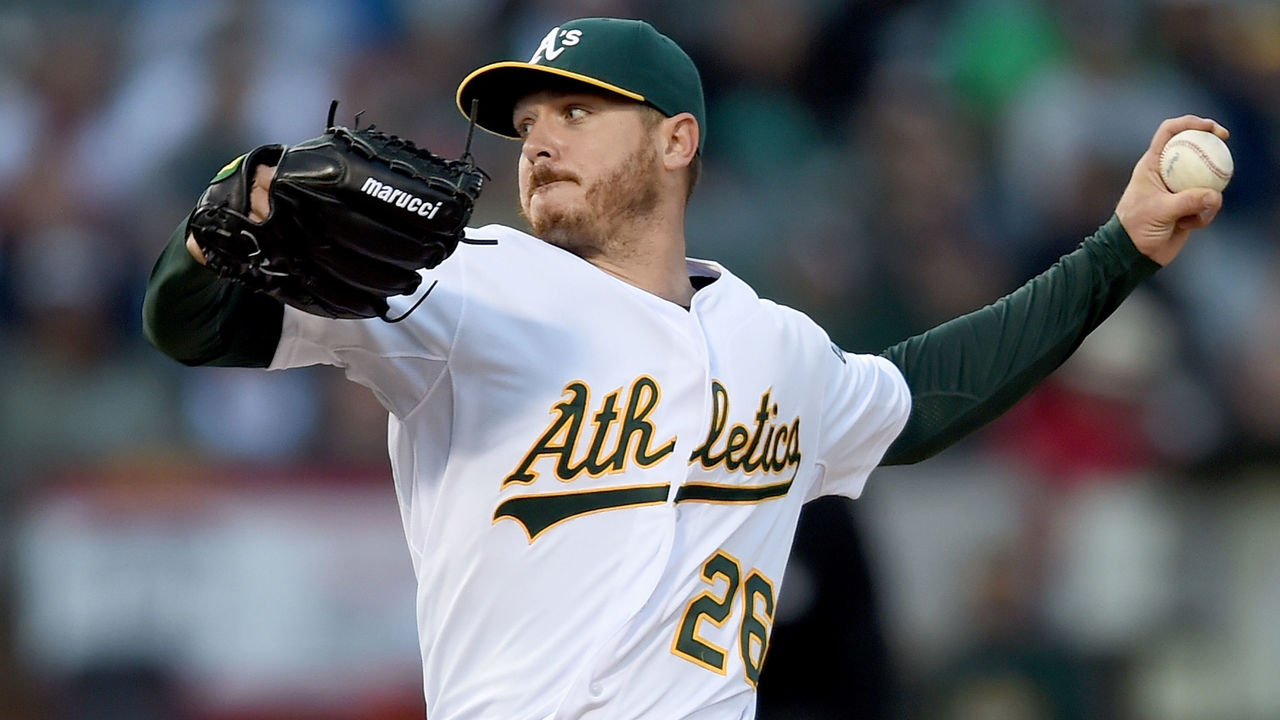
Best: Scott Kazmir (2-year, $22M)
Winners of back-to-back division titles, the Athletics inked Kazmir to a two-year deal prior to the 2014 season. There was certainly risk. While Kazmir did make 29 starts the year before, he was pitching in the independent Atlantic League in 2012. However, Oakland's faith in Kazmir was well rewarded, as he went 20-14 with a 3.12 ERA and 1.13 WHIP, and was an All-Star. The Athletics eventually traded Kazmir in 2015, landing future rotation piece Daniel Mengden.
Worst: Billy Butler (3-year, $30M)
This one didn't make much sense from the beginning. Butler was coming off a year in which he hit just nine home runs, and slugged .379 in 151 games in Kansas City, yet the A's signed him to serve as their designated hitter. Butler never found his bat in Oakland, hitting .258/.325/.394 with 19 homers in 236 games. He landed on the concussion DL in 2016 following a clubhouse fight with Danny Valencia, and would be released a couple weeks later.
Seattle Mariners
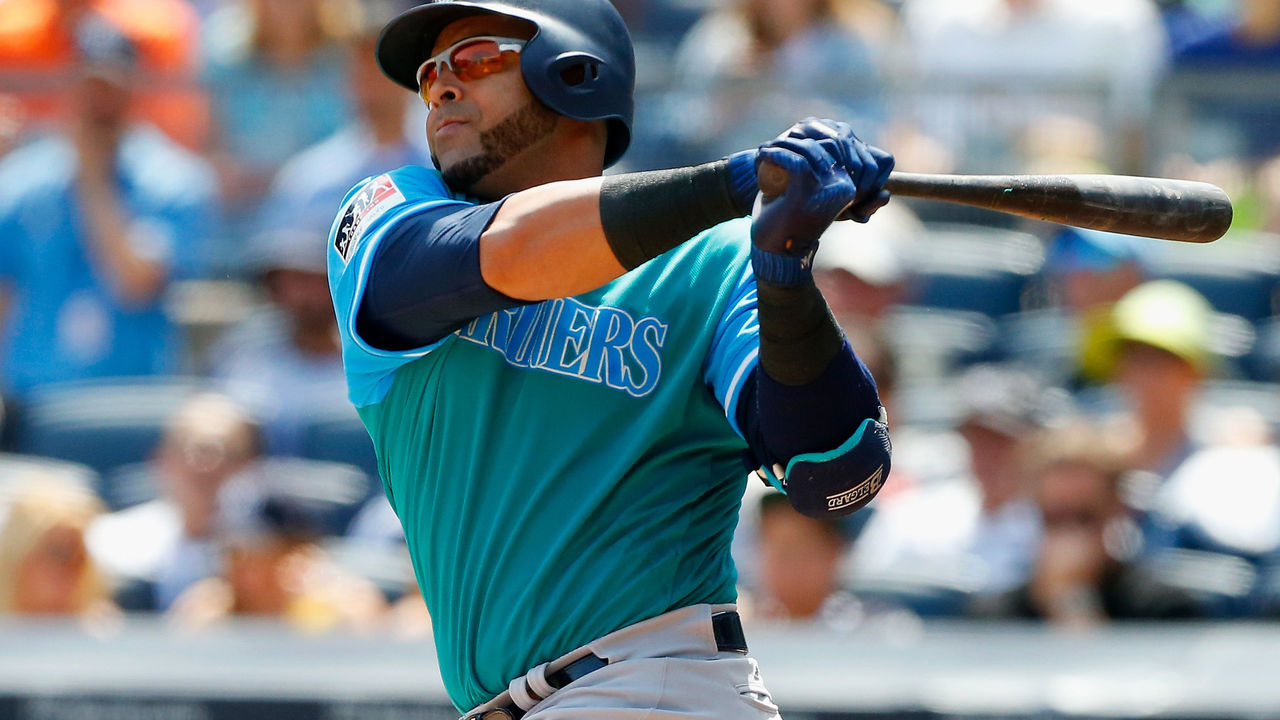
Best: Nelson Cruz (4-year, $57M)
Cruz lands on this list for a second time as he continues to reward teams for taking chances on him. After he reestablished himself in Baltimore, Cruz netted a long-term deal from the Mariners and never lost his power stroke. In three seasons in Seattle, Cruz hit .292/.368/.557, while averaging 42 home runs, 26 doubles, and 106 RBIs a season.
Worst: Rickie Weeks (1-year, $2M)
The Mariners have done an excellent job not spending on bad players in free agency in recent years. Weeks was a disaster in Seattle, but at least the expectations were low and the dollars spent were even lower. The 32-year-old hit .167/.263/.250 with two homers over 37 games before his release.
Tampa Bay Rays
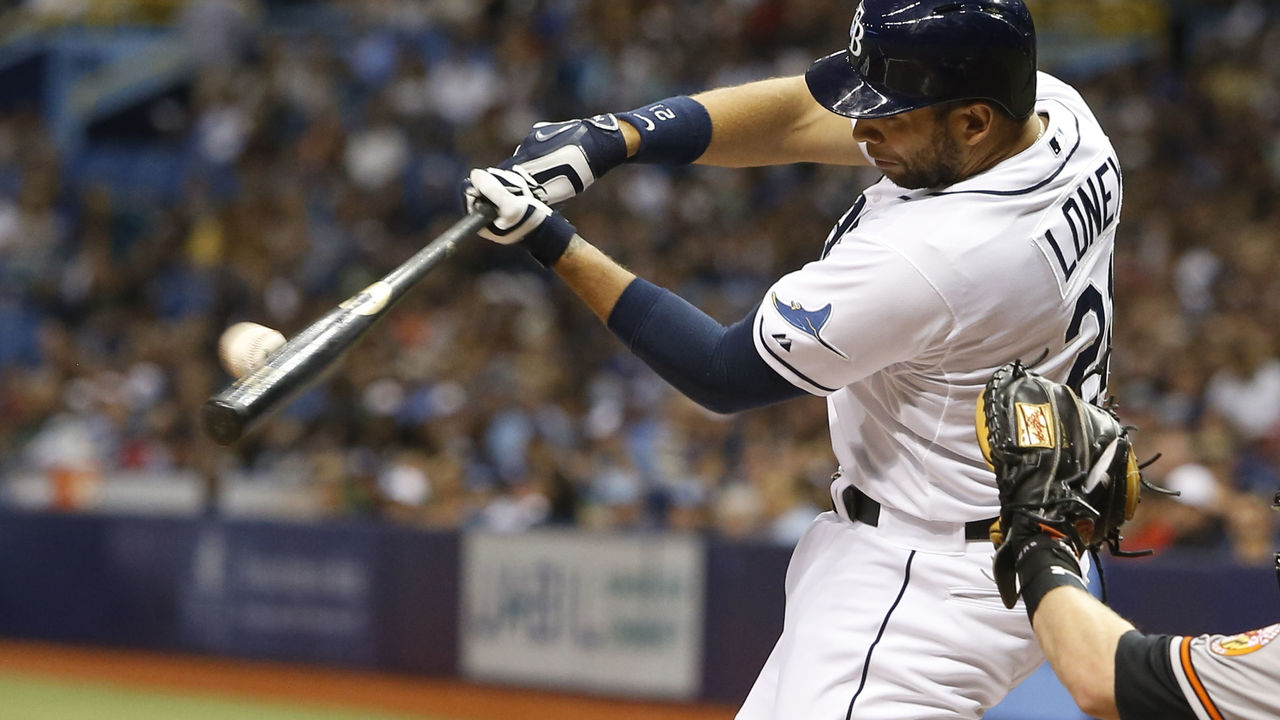
Best: James Loney (1-year, $2M)
A franchise notorious for buying low and hoping for the best, the Rays received just that in Loney. In his first season in Tampa Bay, he hit .299/.348/.430 with 12 home runs, 33 doubles, and 75 RBIs. Loney's performance was so impressive they later signed him to a three-year, $21-million deal.
Worst: Grant Balfour (2-year, $15M)
Coming off his first All-Star season and three years removed from last pitching for the Rays, Balfour returned to Tampa Bay. The right-hander originally had a deal in place with the Orioles before issues with his physical resulted in him landing further south. Baltimore certainly dodged a bullet. Balfour posted a 4.91 ERA in his first season, and was released six appearances into the second year of his deal.
Texas Rangers
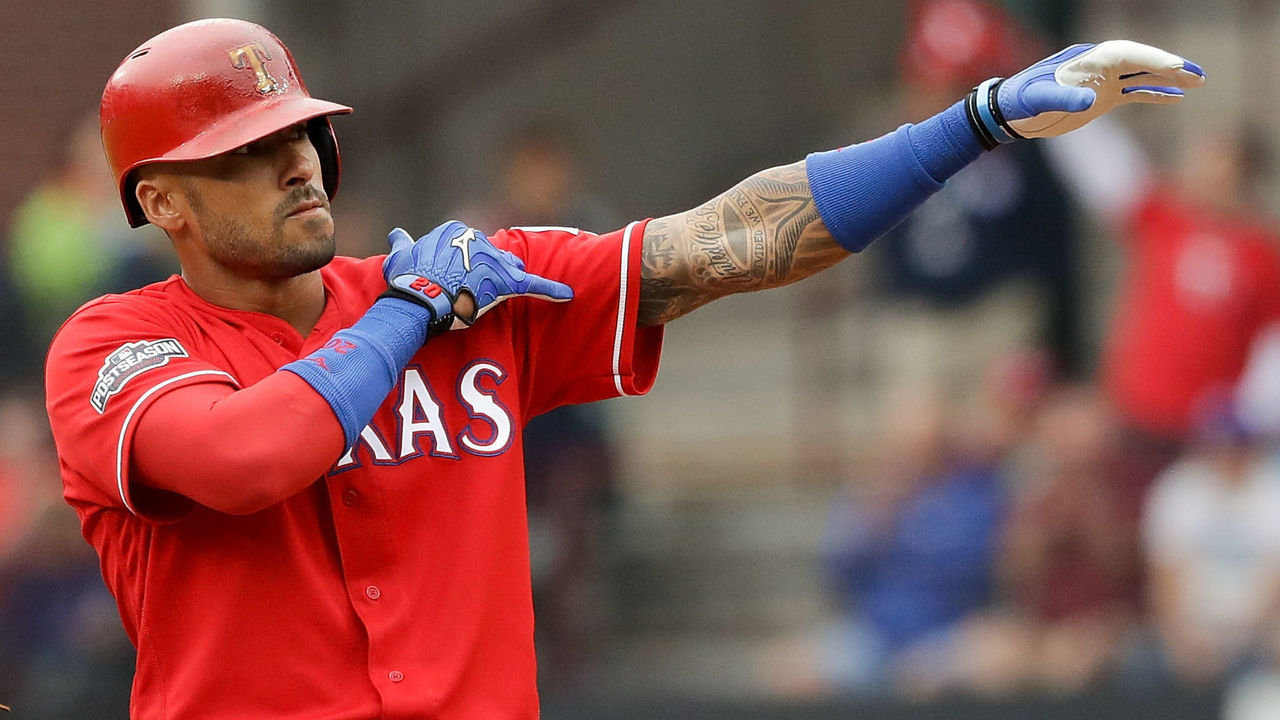
Best: Ian Desmond (1-year, $8M)
Desmond rejected a qualifying offer from the Nationals and remained a free agent until the final day of February, agreeing to a one-year deal to play the outfield despite limited experience. Desmond was well worth the $8 million, as he went on to hit .285/.335/.446 with 22 homers and 29 doubles in 156 games, earning an All-Star nod.
Worst: Shin-Soo Choo (7-year, $130M)
A little over a month after trading for Prince Fielder, the Rangers made another major move by signing Choo to a seven-year deal. The left-handed hitting outfielder was considered the top free agent on the market after posting the fourth-highest OBP in the majors the year before. Four seasons into his Rangers tenure, and Choo has amassed just 5.1 WAR total. He produced 5.5 WAR in the season before signing with Texas.
Toronto Blue Jays
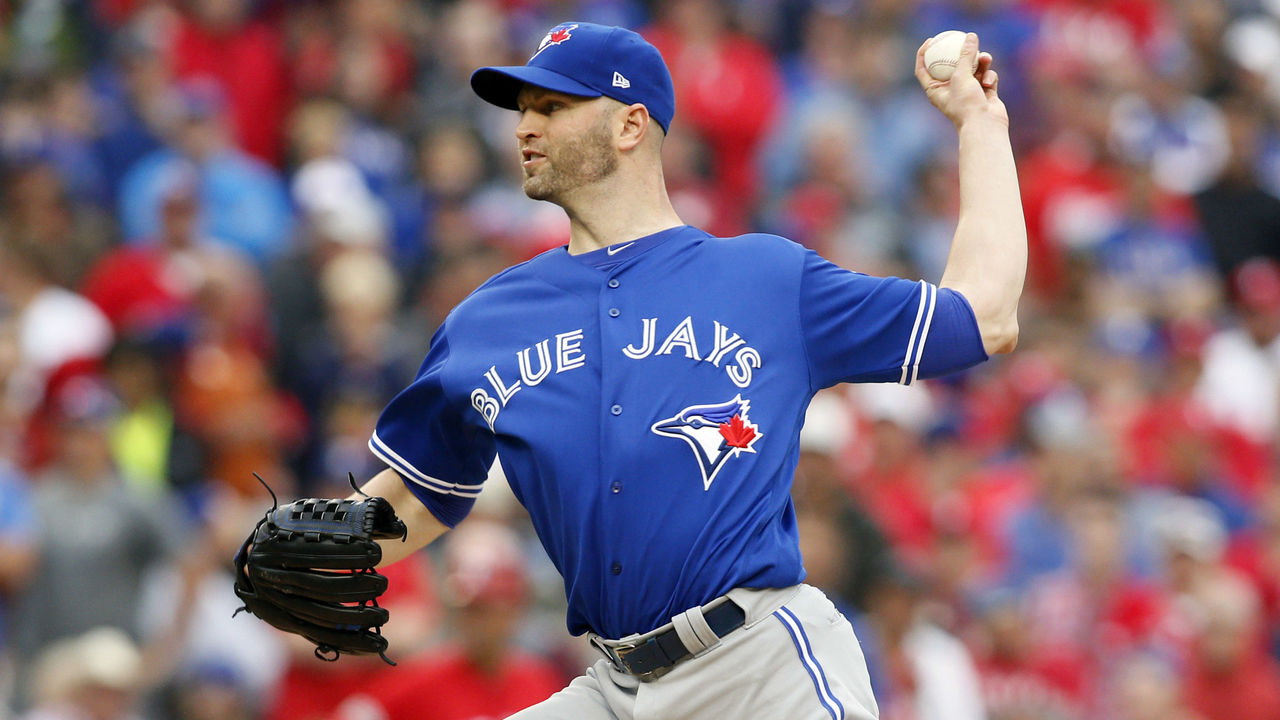
Best: J.A. Happ (3-year, $36M)
Happ's reunion with the Blue Jays was certainly unexpected. The left-hander was far from spectacular in his first go-around in Toronto, and his signing was met with its fair share of detractors. But Happ would end up proving to be a vital part of one of the league's best rotations in 2016, winning 20 games on his own and finishing sixth in AL Cy Young voting. Over the last two seasons, Happ has gone 30-15 with a 3.33 ERA and 1.23 WHIP.
Worst: Jose Bautista (1-year, $18M)
Bautista's final season in Toronto is one neither side will remember fondly. Following an awkward offseason that featured the front office trying to do what they could to add offense elsewhere, they eventually circled back to Bautista following a failed pursuit of other options. Coming off a down year, the six-time All-Star didn't receive much outside interest, and the two worked out a reunion. Bautista would have the worst season of his Blue Jays tenure in 2017, slashing .203/.308/.366 with 23 home runs and a franchise single-season record 170 strikeouts in 157 games.
(Photos courtesy: Getty Images)
HEADLINES
- VanVleet: Kawhi said he wouldn't stay with Raptors on Day 1
- Fantasy: Must-add targets who can help carry you to a championship
- McKenna fueled by doubters: 'People have been waiting for me to fail'
- NFL Power Rankings - Week 16: Every team's unsung hero
- Rangers' Rempe won't be deterred from fighting after return from injury